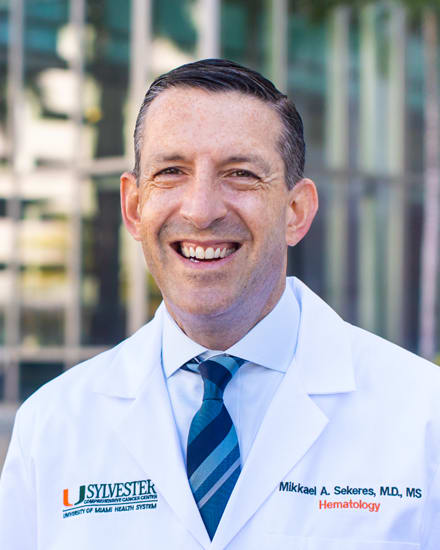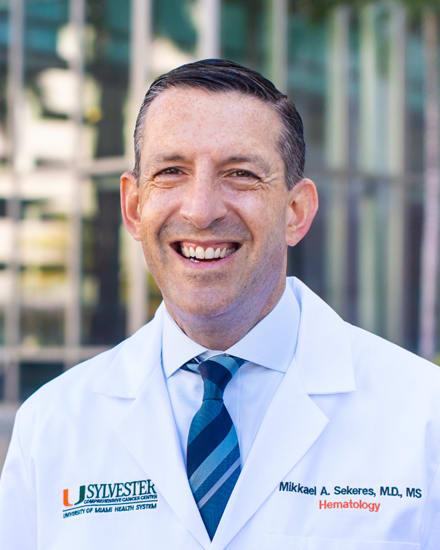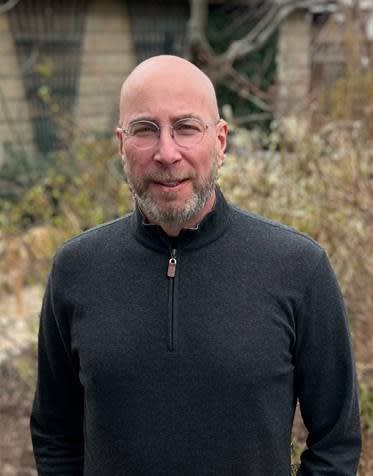Write Science: Why Do Doctors Write Books?






Wednesday, Mar 22, 2023 5:30p -
7:00p
Where:
MIT Museum
314 Main St.
Cambridge, MA 02142
Admission:
FREE
Categories:
Science writers join us for an evening of reading and discussion around their latest publications. Curated to spark thought-provoking ideas and engaging conversations, this program offers the opportunity to meet leading writers in science, technology and art.
Presented in collaboration with the MIT Press Bookstore, and curated to spark thought-provoking ideas and engaging conversations, this program series offers the opportunity to meet leading writers in science, technology and art.
Why Do Doctors Write Books?
Join authors/doctors Jay Baruch and Mikkael Sekeres as they ponder whether they are doctors who write or writers who doctor. Moderated by Deborah Blum, science journalist and the director of the Knight Science Journalism program at MIT. Following the conversation, you’ll have the chance to purchase their books and have them signed.
Why do physicians choose to write books? Join us for a conversation between Jay Baruch, author of Tornado of Life and Mikkael Sekeres, author of Drugs and the FDA, both recently published by the MIT Press, as they explore whether they are doctors who write or writers who doctor, and the storytelling inherent in medicine.
The program will be moderated by Deborah Blum, science journalist and the director of the Knight Science Journalism program at MIT. Following the conversation, you’ll have the chance to purchase the books and have them signed.
About the Books
Drugs and the FDA: Safety, Efficacy, and the Public's Trust, by Mikkael Sekeres:
How the FDA was shaped by public health crises and patient advocacy, told against a background of the contentious hearings on the breast cancer drug Avastin.
Food and Drug Administration approval for COVID-19 vaccines and the controversial Alzheimer's drug Aduhelm made headlines, but few of us know much about how the agency does its work. Why is the FDA the ultimate US authority on a drug's safety and efficacy? In Drugs and the FDA, Mikkael Sekeres—a leading oncologist and former chair of the FDA's cancer drug advisory committee—tells the story of how the FDA became the most trusted regulatory agency in the world. It took a series of tragedies and health crises, as well as patient advocacy, for the government to take responsibility for ensuring the efficacy and safety of drugs and medical devices.
Tornado of Life: A Doctor's Journey through Constraints and Creativity in the ER, by Jay Baruch:
Stories from the ER: a doctor shows how empathy, creativity, and imagination are the cornerstones of clinical care.
To be an emergency room doctor is to be a professional listener to stories. Each patient presents a story; finding the heart of that story is the doctor's most critical task. More technology, more tests, and more data won't work if doctors get the story wrong. When caring for others can feel like venturing into unchartered territory without a map, empathy, creativity, imagination, and thinking like a writer become the cornerstones of clinical care. In Tornado of Life, ER physician Jay Baruch shares these struggles in a series of short, powerful, and affecting essays that invite the reader into stories rich with complexity and messiness.
-

Sponsored¡Conversaciones Crepusculares!: free in-person Spanish convo practice
Friday, Jan 31, 2025 4:00p
Boston Area Spanish Exchange (BASE)
-

Sponsored
